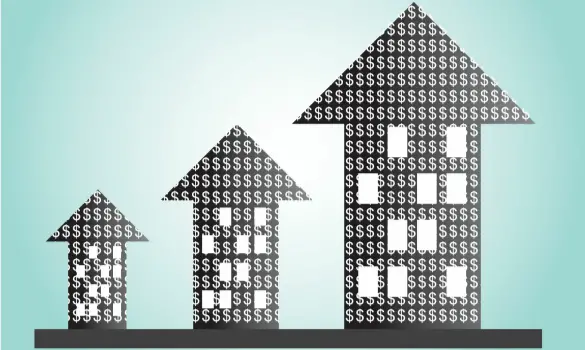Proprietary trading refers to any firm (generally a bank) using its own funds to trade securities and different financial instruments in order to earn profits directly from the market rather than facilitating these trades to earn profits through commissions. The methods used for proprietary trading involve high risks and therefore reap high returns. Proprietary trading though is not encouraged within the same institution nowadays. Most of the proprietary trading wings of banks have been spun off or, in many cases, closed down. This trend can be attributed to the increased cases of insider trading or banks trying to promote their own proprietary trading wings even at the cost of losing depositors’ money. If you want to know how to daytrade, keep reading.
Proprietary Trading Concept
The concept of proprietary trading can be understood easily if one can imagine an examiner suddenly deciding to write the exam himself and gain marks. It is obvious that the job of the examiner is to facilitate the conduct of any examination. An examiner writing exams would be considered unfair because they are more closely associated with questions being brought in and distributed. It doesn’t mean that they are cheating, or have already gone through the questions, but it is something which they have a better chance of committing.
Proprietary trading was always meant to be kept away from the other regular bank operations. Banks used to make a large chunk of their profits through proprietary trading and as the scope for misuse of funds or twisting of information to suit the bank’s proprietary funding wing increased, there were regulations in place to keep the proprietary trading wings isolated from other bank operations.
Proprietary Trading Webinars
If you want to learn more about proprietary trading, there are many resources available online. These proprietary trading courses cover topics like markets and exchanges, orders, transactions and positions, and the auction market and dealer market. In addition, you can learn the best proprietary trading software. Make use of retirement investing tips, trading concepts, market indicators, and proprietary trading strategies you learn in the course to earn a great return on investment. If you want to become a proprietary trader or just learn more about the topic, consider a proprietary trading program.
Chinese Walls
To prevent the similar kind of flow of information in a bank, there were ‘Chinese walls’ set up between proprietary trading and other wings in a bank and Forex online trading institutions. The Chinese walls were not to be taken literally and were just information barriers to prevent conflict of interest or insider trading because of the interaction of proprietary trading and other wings in the bank. Apart from that, many government regulations were introduced to prevent the flow of information leading to insider trading.
Volcker Rule
One of the major regulations implemented was the Volcker Rule. It essentially was a ban on proprietary trading wings in banks. It specifically prevented banks from making any speculative investments that did not directly benefit their customers. This was applied across banks with international trade finance operations too. It was one of the major reasons why banks are now setting up proprietary trading as separate entities.
Many Failures
In the past, many financial institutions have failed because of these speculative investments and the impact has been felt as far as the Manchester chamber of commerce. In fact, the 2007 crisis was attributed to such speculative investments by banks. Barings Bank is an example of proprietary dealings going bad. Another example is Chase Bank. These cases had prompted regulations in their aftermath and now there exist a rather tight set of regulations to prevent proprietary trading from taking undue advantage of critical information.
Proprietary Trading Risks
In order to limit the risk associated with proprietary trading, you need to allocate funds properly. You do not want to make proprietary online trades with all of your money upfront. When banks over leverage themselves, that’s when they run the risk of failure. Rather than trying to get greedy and become rich too soon, only risk money that can be lost. This will force you to trade based on the risk reward outcome rather than just how much money is available to trade.
 Business First Family Business, Accounting, Finance, Investing, Marketing And Management
Business First Family Business, Accounting, Finance, Investing, Marketing And Management
